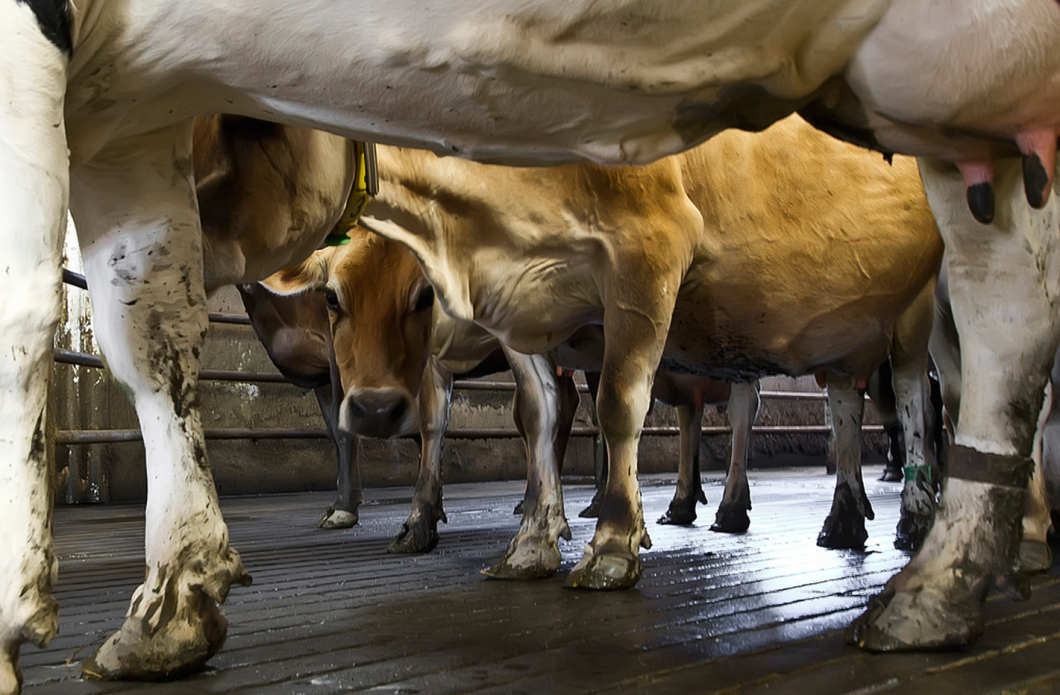New FDA Rule Would Provide More Information About Antibiotics In Farm Animals, But Still Not Enough
Under the current rules, the FDA receives annual reports on the total amount of antibiotics sold and distributed for use in livestock. While that data helps to show how huge this market is, it fails to provide any sort of granular numbers on how the drugs are used.
The proposed new rule would require companies to provide sales data in terms of the major food-producing animals that the drugs are being used on. Thus, the FDA would have some idea on how much of each of these drugs are going to cattle, pigs, chickens, or turkey.
“The additional data would improve understanding of how antimicrobials are sold or distributed for use in major food-producing animals and help the FDA further target its efforts to ensure judicious use of medically important antimicrobials,” reads a statement from the agency.
That statement also makes it clear that this data alone is inadequate to determine whether recent regulations are having any effect on the overuse of antibiotics.
“While adding species-specific information will help provide a fuller picture, more detailed information is needed about on-farm use practices to adequately understand links between usage patterns and trends in resistance,” continues the statement.
Susan Vaughn Grooters, policy analyst for advocacy group Keeping Antibiotics Working, notes that public health advocates have been asking the FDA to collect this data for years.
“Had leadership acted sooner, we’d already be collecting species-level data by now, which is essential to help us measure the success of FDA’s voluntary guidance to industry,” she explains. “In light of the growing crisis of resistance, any effort to close this information gap is welcome — even if it is nearly a decade late.”
Congresswoman Louise Slaughter from New York, a microbiologist and outspoken critic of antibiotics in farm animals, points out that the proposed rule doesn’t do anything to resolve the most pressing concern about using these drugs on livestock: the so-called “disease prevention loophole.”
Under the FDA’s 2013 voluntary guidance for drug companies, drug makers were asked to stop selling veterinary antibiotics solely for the purpose of growth promotion. But since almost all of the affected antibiotics are also approved for medical use, farmers just changed their reason for buying the drugs from growth promotion to disease prevention.
“Knowing how much of the drugs are being used in cattle or pork or poultry will be helpful in identifying the problem areas, but it won’t change the fact that we are frittering away one of our most precious resources for human health,” says Rep. Slaughter. “I will continue to call on the FDA to make all the changes necessary to meet their mandate of protecting the public health.”
Slaughter has also reintroduced the Delivering Antimicrobial Transparency in Animals (DATA) Act, which directs the FDA to enhance its collection and reporting of antibiotic use in food animals.
Want more consumer news? Visit our parent organization, Consumer Reports, for the latest on scams, recalls, and other consumer issues.


